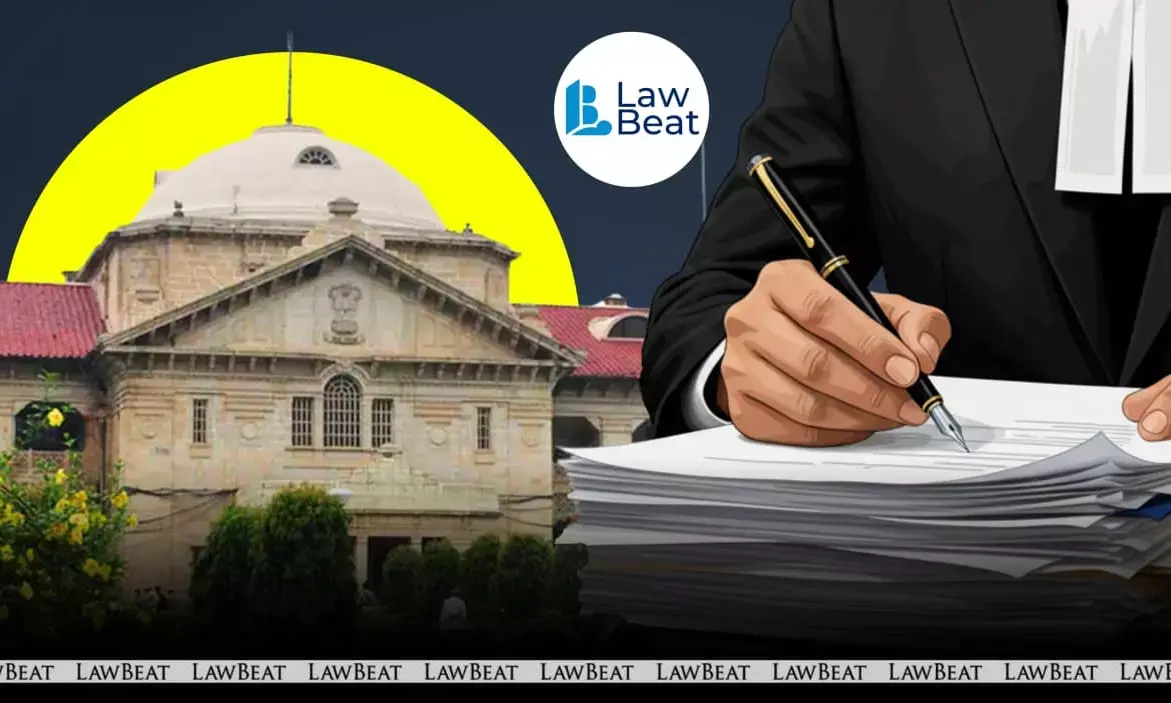‘Can’t Run on Public Money’: Allahabad HC Tells Bar Association to Pay Its Own Electricity Bills

The Allahabad High Court dismisses Basti Bar Association's plea seeking State payment of its electricity bills
The Allahabad High Court recently dismissed a writ petition filed by the Civil Bar Association, District Basti, which sought directions to the Uttar Pradesh Government to pay its outstanding and future electricity bills.
The bench of Justices Saumitra Dayal Singh and Indrajeet Shukla held that no statutory or legal obligation exists on the State to bear electricity expenses of Bar Associations, holding that lawyers, as independent practitioners, must share the financial responsibility for the facilities they use.
The petition was filed by the Civil Bar Association, represented by Senior Advocate Arun Kumar Gupta and Advocate Ashutosh Pandey, who argued that advocates perform a public duty integral to the administration of justice, and hence, it is the State’s responsibility to provide minimum facilities, including electricity, for Bar rooms, libraries, and office spaces located within court premises. The Association sought a writ of mandamus compelling the State to pay dues already incurred and to bear future bills regularly.
To support their contention, the petitioners relied on the Supreme Court’s decision in Supreme Court Bar Association v. B.D. Kaushik (2011), and judgments of the Madhya Pradesh High Court in Vinod Kumar Bharadwaj Vs. State of M.P. and Others (2013) and Punjab & Haryana High Court's in Bar Association, Zira Vs. State of Punjab and Others (2017), which had held that Bar facilities form part of the judicial complex and should be maintained by the government.
It was submitted that the Basti Bar Association lacked sufficient funds to clear the dues raised by the Purvanchal Vidyut Vitran Nigam Limited (PVVNL). Members had pooled Rs. 1.27 lakh to prevent disconnection, and the Association requested that no coercive action be taken until the State assumed responsibility for the bills.
The State, however, opposed the plea. The Standing Counsel argued that the B.D. Kaushik judgment did not deal with payment of Bar electricity bills but rather with the issue of “one person, one vote” in Bar Association elections. The government maintained that no policy or statutory duty required it to pay for electricity consumed by advocates in Bar rooms or chambers, which are facilities for private practitioners and not part of the court’s functional infrastructure.
Supporting this position, counsel for the High Court stated that under the existing state policy, while buildings for Bar rooms and libraries are constructed by the government, the occupants, i.e. the lawyers, must bear ongoing electricity and maintenance charges. No exception had ever been made to this rule.
After hearing all sides, the bench held that a writ of mandamus can be issued only when a pre-existing legal duty exists and is refused by a statutory authority. Since there was no such duty in this case, the plea could not be entertained. “No statutory duty exists on the State to either pay for arrears or future dues of electricity consumed by the Civil Bar Association, Basti,” the bench said.
Court also expressed its respectful disagreement with the Madhya Pradesh High Court’s view in Vinod Kumar Bharadwaj that lawyers are entitled to free electricity as officers of the court. While acknowledging the vital role of advocates in the justice system, the bench held that this parity with the judiciary “cannot extend to financial obligations of the State exchequer".
Case Title: Civil Bar Association District Basti And Another vs. State of UP and 4 Others
Order Date: October 30, 2025
Bench: Justices Saumitra Dayal Singh and Indrajeet Shukla
